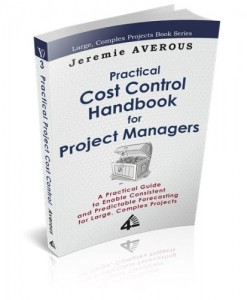We do hail Steve Jobs for inventing the smartphone in the shape of an iPhone (and other marvels of modern technology). Yet today we see that this technology is becoming mainstream and ubiquitous. So, would this invention have happened even without Steve Jobs’s genius? The answer is yes, and probably not too late after it happened thanks for Apple.

There are a lot of pointers in the form of past inventions occurring simultaneously (such as for example, the telephone, the theory of evolution etc) described for example in the excellent book ‘What Technology Wants‘ by Kevin Kelly. This shows that when the technological environment is mature, key inventions tend to happen naturally. If one does not invent it, so does another. Not everyone can bring a new technological invention to effective realization, but the world is big enough that several organizations can come simultaneously to similar results.
The great expansion of Android devices shows that the technological ecosytem was about ripe when Apple came out with the iPhone. The conversation about the convergence of cameras, phone and computer features was around already since the early 2000’s. The genius of Steve Jobs was to be the first to bring everything together in a well designed solution; but simultaneously many were not very far from a workable product with similar features. Technology was simply mature for the change. Steve Jobs brought its realization forward by a few months or years, but it would have happened eventually.
The same happens with the Fourth Revolution; as our long distance interactive communication capability has been created, the transformations of the Fourth Revolution are inevitable. We can’t predict who will be the first, where, but we know they will happen – and sometimes take shape simultaneously in several places.












